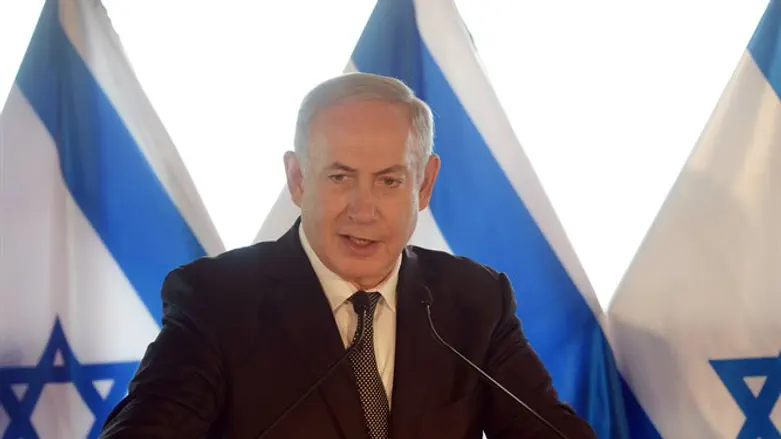
The US administration continues to emphasize that the recently signed "memorandum of understanding with Israel on security assistance" is the best deal that could possibly have been reached.
A senior official said about the memorandum: "This is a very significant achievement for both countries. The Israeli government can be very satisfied with this deal that shows the close ties between the countries. It allows the IDF to make long-term plans for the Air Force, missile defense, and several other important areas."
The official claimed that the Iran nuclear deal had no effect on the memorandum with Israel, and denied theories that the US had promised greater aid to Israel in the event of a deal with Iran.
Regarding the provision in the new aid deal which requires that far less of the funds be spent on purchases from Israeli companies, the official said: "In the past there was a necessity to develop the Israeli security industry. No other country was allowed to spend as much US aid in their own currency. Now, the Israeli security industry is highly developed. It is among the top-10 in the world and competes with the US market. Thus we decided it was time to make a change and strengthen our own economy by ensuring that American equipment is bought with US Dollars."
"We understood that if we made the change too suddenly, it would cause a shock to the Israeli defense industry. So we developed a plan to gradually change over 10 years. We did this following information supplied by Israel regarding potential problems."
The official was then asked about another aspect of the agreement, Prime Minister Netanyahu's letter to the administration promising not to ask Congress for additional funds on top of what is stipulated in the agreement, thus committing to cease a longstanding practice in US-Israel relations.
"Congress still has a role," the official said, "historically we have seen that Congress respects the aid agreements, and we're sure they will continue to do so. We wanted to concretize the principle that the amounts will be fixed and only change by mutual agreement, as it did during the intifada and other cases. By the way, this commits future US administrations as well as Israel, as they cannot renege on the memorandum. We wanted to avoid a situation where there are two parallel tracks, the administration track and the congressional track."
The official revealed that it was Netanyahu's idea to send the letter directly to the administration following Senator Lindsey Graham's efforts to delay the signing of the memorandum, saying the gesture was very well received in the administration.
In answer to the question of whether the record agreement was meant as some kind of compensation to Israel for the Iran nuclear deal, the official replied: "We started to talk about the memorandum of understanding before the Iran deal, even before we had any expectation of reaching a deal with the Iranians. We still think that the nuclear deal is good for Israel's security, despite disagreements with Israel about this. Our attitude, just as Susan Rice said, is based on a specific logic: Israel is our best partner in the area. We have shared interests and shared values, and we want to preserve Israel as a prosperous Jewish country so that it can remain our partner."
